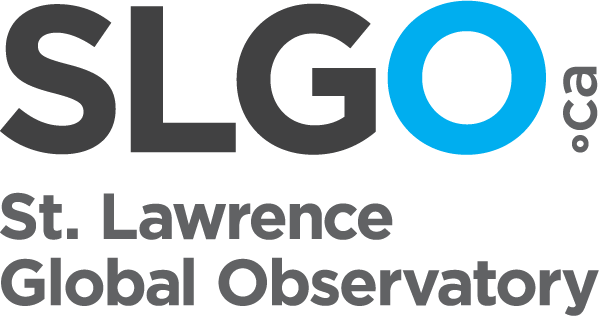Through all its programs and collaborations, the Department of Fisheries and Oceans (DFO) of Canada has acquired a very large amount of scientific data relating to the marine environment over the years. The Quebec region of DFO, particularly the Maurice Lamontagne Institute (MLI) located in Mont-Joli, is responsible for the data collected in the estuary and Gulf of St. Lawrence. The data management team compiles, qualifies, and archives all information collected on oceanographic conditions in the SGDO.
CTD data
The CTD (Conductivity, Temperature, Depth) is a device commonly used in oceanography to measure water conditions at a given location from the sea surface to the bottom. The primary device allows temperature and salinity profiles to be produced. Other sensors are frequently added to obtain additional information on the water column, such as dissolved oxygen concentration, fluorescence, turbidity, and pH.
ADCP data
The ADCP (Acoustic Doppler Current Profiler) is a device used to measure marine currents. The speed and direction of the current are recorded simultaneously for several layers of water by Doppler effect, hence its name. When the ADCP is wetted, a time series of current profiles at a given location is obtained. When the ADCP is attached to the hull of a moving ship, we obtain both a temporal and spatial portrait of the currents.
Addition of other data types to come



